Fact-Checking
CORRECTIV.Faktencheck is an independent team within CORRECTIV focussing on fact-checking and investigations into mis- and disinformation since 2017. It is a signatory of the Code of Principles by the International Fact-Checking Network (IFCN).
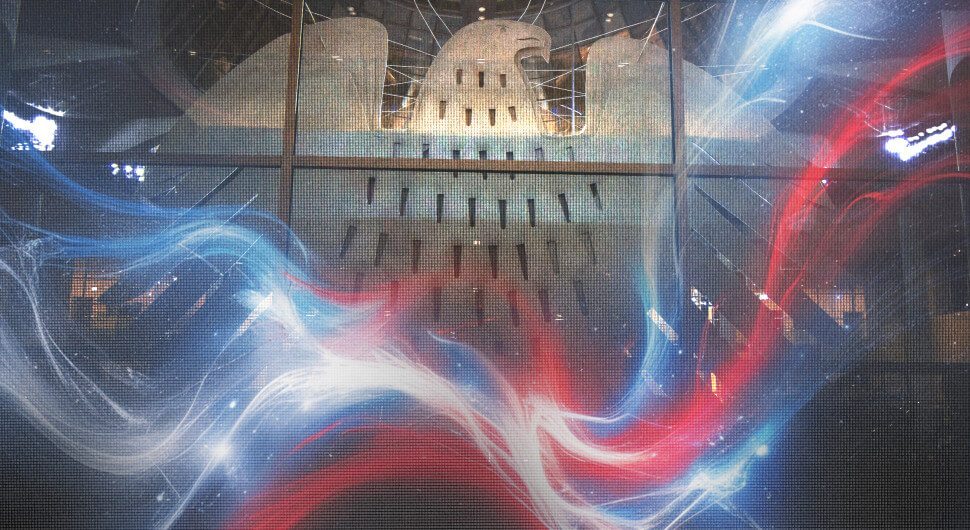
Influence operation exposed: How Russia meddles in Germany’s election campaign
A CORRECTIV investigation has uncovered that a Russian disinformation campaign established around 100 fake websites ahead of Germany’s general election. Their purpose: to influence the election campaign due to take place in February. In several cases, these sites have already been used to discredit German politicians.
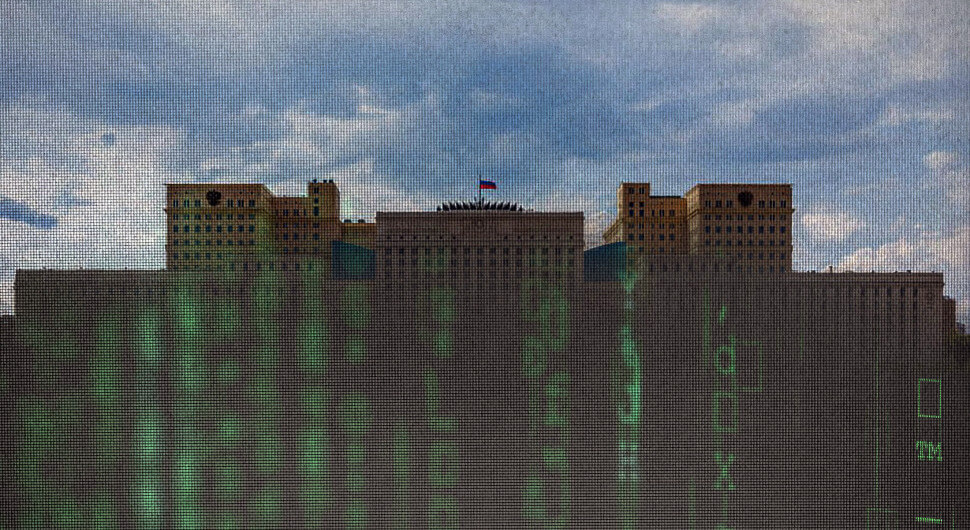
Doppelganger: CORRECTIV investigations bring Russian propaganda campaign to a halt
The spread of fake websites by the Russian disinformation campaign Doppelganger has largely been stopped. The people behind the campaign had been using a Ukrainian service provider – which quickly blocked the Russian customer after a CORRECTIV inquiry. Doppelganger’s digital footprints meanwhile lead directly to the Ministry of Defense in Moscow.
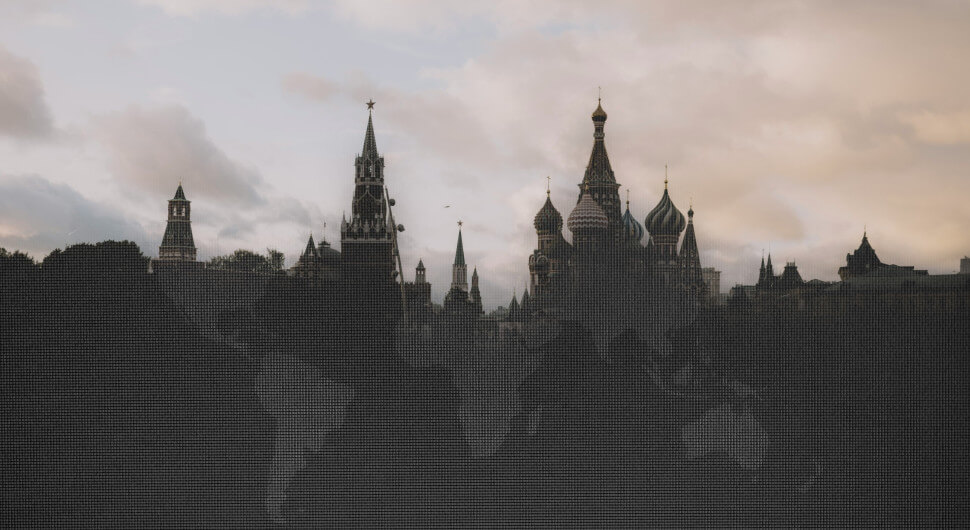
Inside Doppelganger – How Russia uses EU companies for its propaganda
For two years, Russia has been spreading its propaganda using cloned websites of Western media outlets. The campaign known as “Doppelganger” hasn’t been stopped yet – despite being sanctioned by the EU and US. A CORRECTIV investigation found that European companies are part of the internet infrastructure that keeps the campaign running.
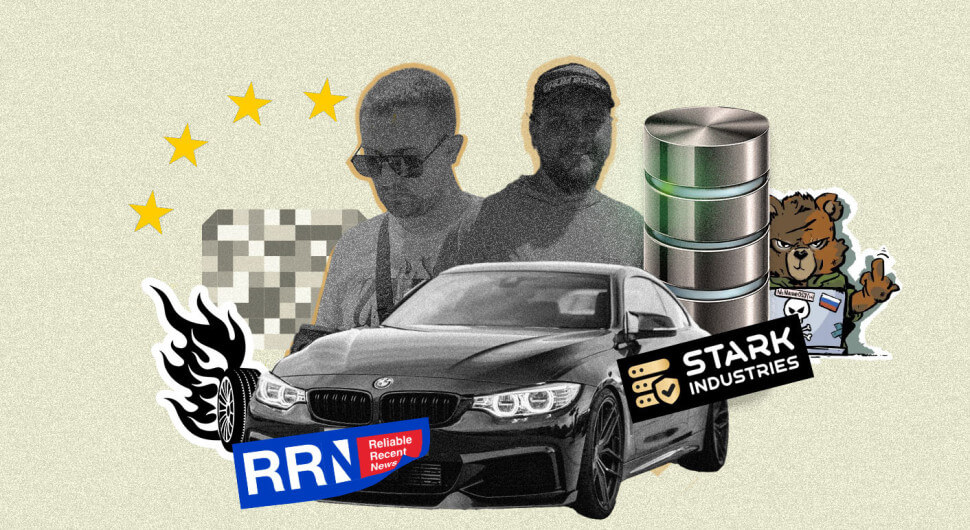
Hacks and Propaganda: Meet the Two Brothers Bringing Russia’s Cyber War to Europe
Since its full-scale invasion of Ukraine, Russia has stepped up disinformation and hacking campaigns against the West. A CORRECTIV investigation shows how two brothers from Moldova provide the technology needed for these attacks.

Don’t Bother Asking AI About the EU Elections: How Chatbots Fail When It Comes to Politics
We asked three of the best-known AI chatbots multiple questions on the upcoming EU elections and international politics. Our experiment shows: Google Gemini, Microsoft Copilot and ChatGPT fail when it comes to answering political questions. They make false statements about candidates or fabricate sources. Depending on the language, the bots also provide very different answers.
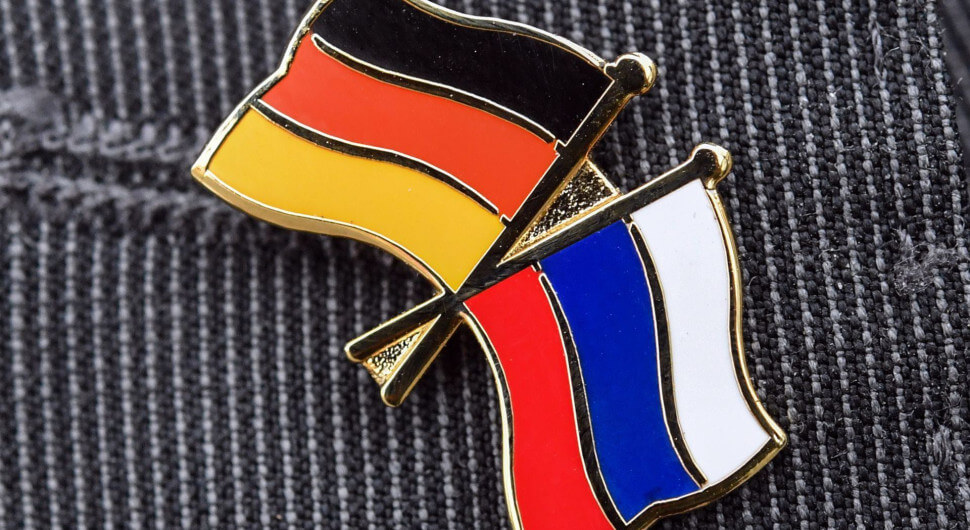
Politicians of Germany’s far-right AfD are benefitting from a pro-Russian propaganda campaign. Here is how.
A network of fake accounts on Facebook is agitating against Ukraine and has been sharing fake pro-Russian articles and websites for months. Politicians of the far-right party Alternative für Deutschland seem to also benefit: the network ran ads to promote content by the party’s politicians.
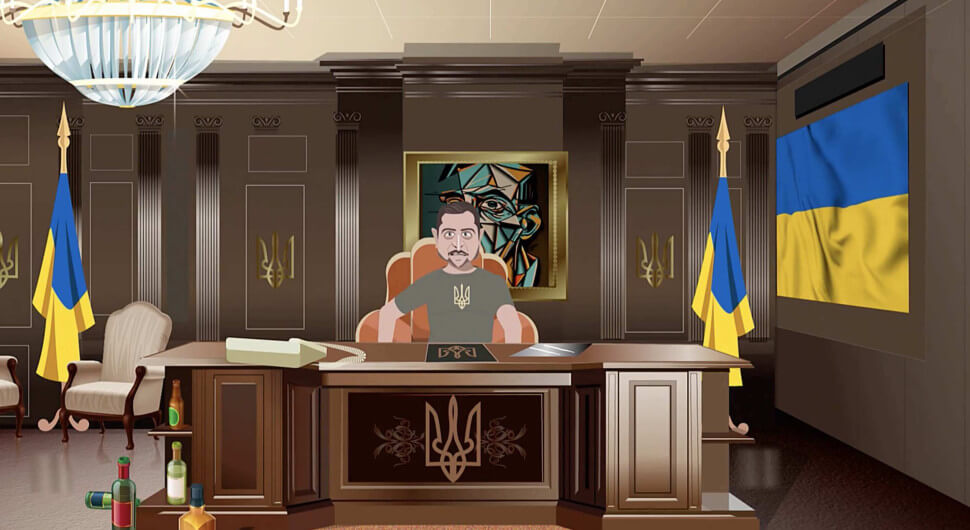
Facebook silent as pro-Kremlin disinformation campaign rages on
Despite Facebook’s supposed takedown last year, a pro-Russian disinformation campaign continues to be active on the social-media platform. It is promoting spoofed news and government websites, as well as content by politicians of Germany’s far-right AfD party.

Forged government documents and fake news sites: Russian disinformation campaign targets Germany
A network of fake news sites has been flooding Europe with disinformation and propaganda against Ukraine for months. Reports uncovered websites that mimicked media outlets like Bild and Spiegel. But it doesn’t stop there. Research by CORRECTIV.Faktencheck shows that the Russian campaign also entails forged government documents.
